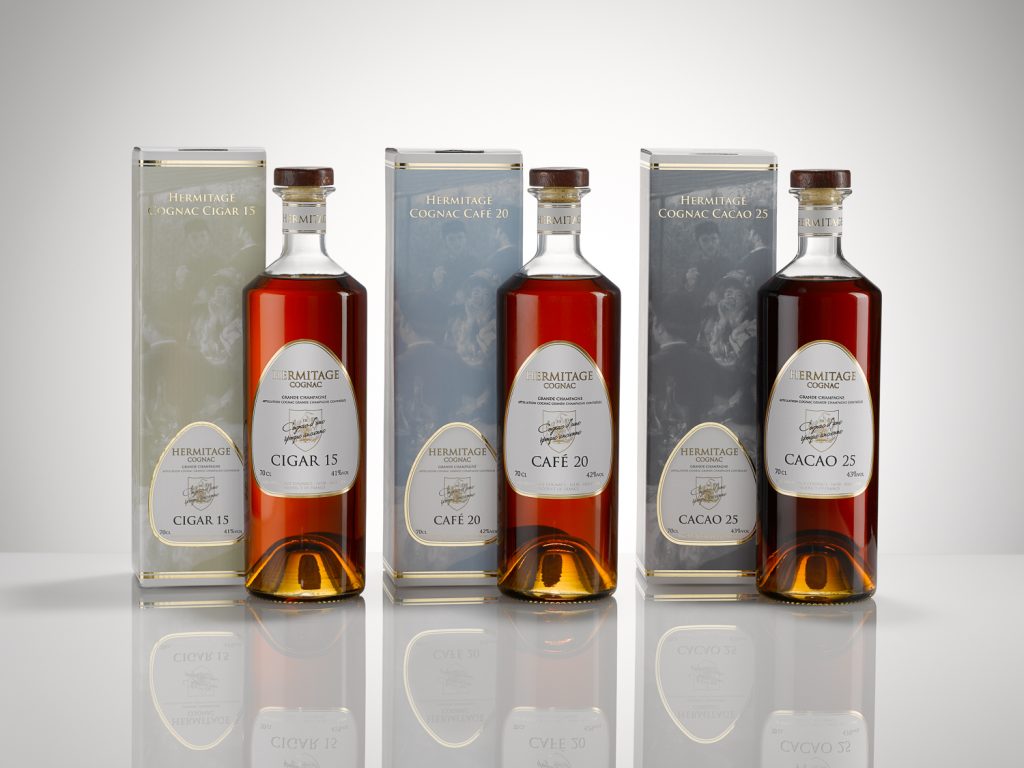Tag: cognac ageing

Cognac, An Investment in Time
A little more than fifty years ago, I tasted my first early vintage cognac. It was a landmark tasting since, for the first time, I was able to understand the complexity of flavours which develop over time and create someRead more

The Importance of Barrel Age on a Cognac Label
The growth in generic cognac sales over the last quarter of a century has distracted from the single most important criteria in determining the quality of a cognac. The age, or to be precise, the barrel age of a cognacRead more

The Effect of the Cellar on Ageing Cognac
We place much emphasis on the ageing of cognacs as it is critically important that they gain the maximum maturity whilst in their oak casks. We have spoken before about the barrel size, shape and type of oak but theRead more

The Rancio
Professionally, as an industry assemblage of blenders, cellar masters, connoisseurs, distillers and negoçiants, our aim is to provide the very finest cognacs we can for each market sector. We know that there is no alternative to long ageing in oakRead more